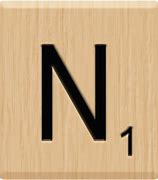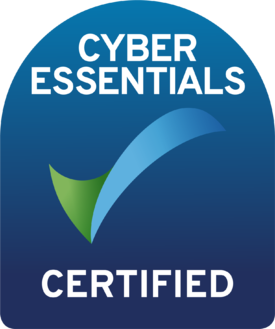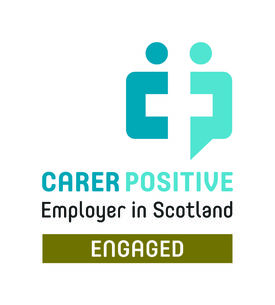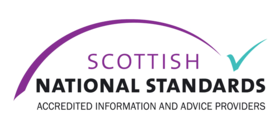N is for National Insurance
Date published: 16th December 2020 ational Insurance
ational Insurance
What is National Insurance?
National insurance is a tax that you pay on earnings that goes into the National Insurance Fund, called National Insurance Contributions (NIC). These contributions qualify you to certain benefits and the State Pension.
Are there any Age Rules?
National Insurance Contributions are paid between 16 and state pension age on earnings but not on pensions. This means after reaching state pension age, even if you have a job you do not need to pay any more contributions.
National Insurance number
You need a National Insurance number before you can start paying towards your National Insurance Contributions, if you're planning to work, claim benefits, apply for a student loan or pay Class 3 voluntary National Insurance contributions.
You can find your National Insurance number on your payslip, P60, or letters about tax, pensions and benefits. If you still cannot find it, you can contact HM Revenue and Customs (HMRC) Telephone: 0300 200 3500, Textphone: 0300 200 3519 Outside UK: +44 191 203 7010
How are National Insurance Contributions calculated?
Calculations are based on how much you earn and your employment status. There are different types of National Insurance known as ‘classes’.
Contributions are deducted from earnings at or above a threshold called the Lower Earnings Limit, the value of which is reviewed each year.
Self-employed contribute partly through a fixed weekly or monthly payment, and partly on a percentage of net profits above a threshold which is reviewed periodically.
Individuals may also make voluntary contributions to fill any gap in their contributions to protect their entitlement to benefits.
How much do you pay?
National Insurance contributions are mandatory if you’re 16 or over and are either:
- An employee earning above £183 a week (2020/21)
- Self-employed and making a profit of £6,475 or more a year (2020/21)
If you earn between £120 and £183 a week (2020/21), your contributions are treated as having been paid to protect your National Insurance record. This protection is called National Insurance Credits. If you earn less than the lower earnings limit you pay no Class 1 contribution and you do not get any credits either. If you earn below the Lower Earnings Limit (LEL) for National Insurance, then you won't be liable to pay contributions and won't generally contribute towards your record.
National Insurance classes
The six types of national insurance contributions are:
Class 1 - paid by employees and employers. The employee's portion is called the primary contribution and the employer's portion is called the secondary contribution. Some married women pay a reduced rate.
Class 1A - paid only by employers who provide certain directors and employees with benefits in kind which are available for their private use, for example, cars and fuel.
Class 1B - paid only by employers for minor or irregular benefits or expenses paid by lump sum.
Class 2 - paid by the self-employed.
Class 3 - voluntary contributions which may be paid by someone who is not paying or being credited with Class 1 or Class 2 contributions to help them qualify for certain social security benefits.
Class 4 - paid by the self-employed when their profits are above a certain amount and do not count towards social security benefits.
Help if you're not working
Your benefits could be affected if there are gaps in your National Insurance record.
An employee or self-employed person who is unable to work because, for example, they are sick or unemployed, may have contributions credited to protect their contribution record. These credits are only taken into account if they are needed. For example, if at the end of the contribution year the contributor has not paid enough contributions for the year to count for pension purposes, then any credits due that year would be taken into account.
In order to be awarded credits, the person will have to register as unemployed or submit medical certificates to the Department for Work and Pensions if they’re sick.
Credited contributions will not always qualify someone for a contributory social security benefit. For most benefits it will also be necessary to have paid contributions in certain years in order to qualify.
What benefits does my national insurance contributions pay for?
For some UK benefits, you need to have paid or been credited National Insurance Contributions. These are called contributory benefits. There are other benefits where provided the rules for claiming apply to you, it does not matter whether or not you have paid any contributions.
Contact us, Citizen’s Advice & Rights Fife (CARF) 0345 140 0095, Monday – Friday, 8.30am – 4pm if you have a query.






